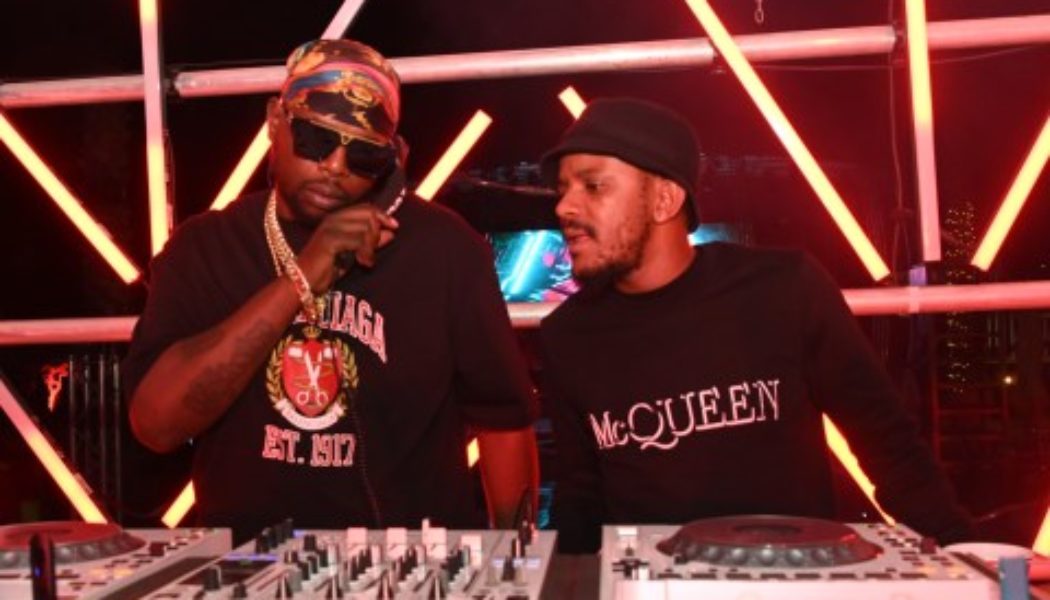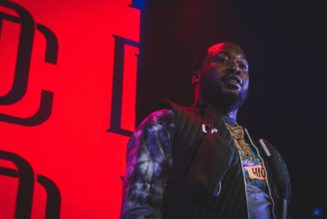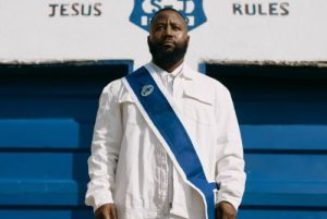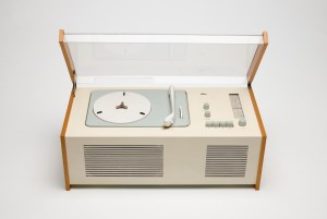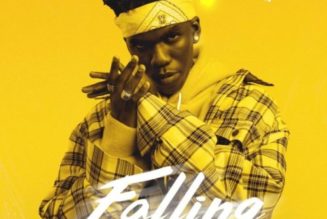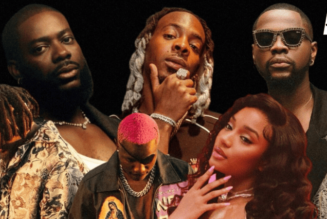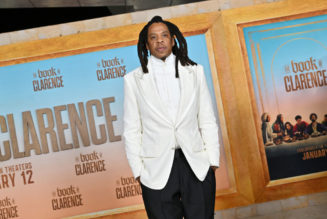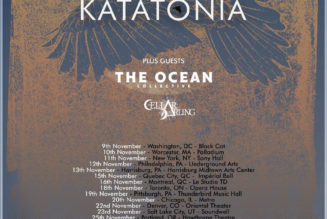The South African Music Awards was brought in from the cold after its primary sponsor, the KwaZulu-Natal Department of Economic Development, Tourism and Environmental Affairs was instructed by President Cyril Ramaphosa last month to cancel its three-year contract and pull R28-million in questionable funding for this year’s event. In an eleventh-hour save, the SAMAs partnered with Africa Fest to host the ceremony on 18 November, at Sunbet Arena in Tshwane.
It is an indication either of how irrelevant the awards have become over the past decade, or how disempowered South African musicians feel, that news of the misappropriation of public funds for the earlier planned event in Durban barely elicited a peep from the industry. In previous decades, South African music was known and respected globally for its principled, vocal stance against abuse of power.
This year, the SAMAs served as a truncated opening act to an amapiano music festival — helmed (some might say appropriated) by Afrikaans music veterans, the Coleske brothers — who reportedly made the deal with the SAMAs because its ticket sales were abysmal. Traditionally a splashy two-night affair at Sun City or in Durban to fete the politically connected and well-heeled, this year’s awards took place over a few hours in a casino arena.
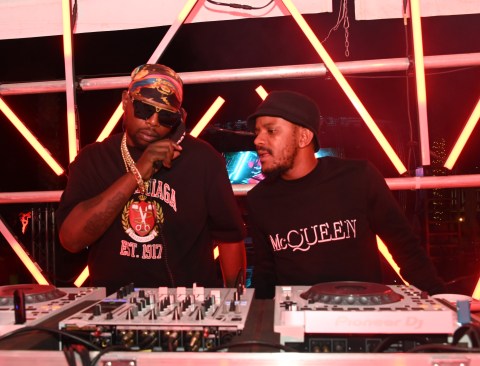
Dj Maphorisa & Kabza De Small at YFM Big Announcement on October 26, 2021 in Johannesburg, South Africa. Image: Gallo Images / Oupa Bopape
The SAMAs are run by the Recording Industry of South Africa (Risa), a non-profit trade association that represents recording companies, primarily the three “majors” — multinational labels Universal Music Group, Sony Music Entertainment and Warner Music Group, which collectively own 84% of the South African music market. It is funded “primarily through levies and membership fees paid by its members,” according to its website.
Risa’s audited financial statements for 2020 — the last audited financials that appear to be available — show that the SAMAS registered a R5.37-million loss that year, and a R2.6m-million deficit the year before. Despite this, Risa CEO Nhlanhla Sibisi took a R843,000 commission from the Samas in 2019 and a R120,000 commission in 2020, over and above his R2-million salary and bonus (R307,270 in 2019 and R120,000 in 2020).
Risa has not yet called an Annual General Meeting for the 2022 – 2023 financial year, meaning its 2022 financial statements have not been distributed to members for oversight or approval.
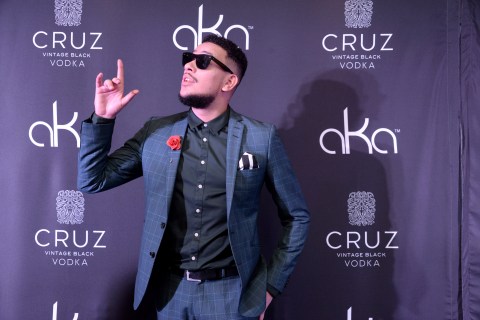
JOHANNESBURG, SOUTH AFRICA – October 27: AKA during AKA Cruz Vodka Launch on June 27, 2016 in Johannesburg, South Africa. (Photo by Gallo Images/Oupa Bopape)
According to its website, this year’s SAMAs sponsors include the Passenger Rail Agency of South Africa (Prasa), the bankrupt and epically corrupt rail transport parastatal that announced in June it would need around R6-billion from the public purse to rebuild its wasted and looted infrastructure across the country.
Via email, Prasa spokesperson Andiswa Makanda flatly denied the SAMAs sponsorship, but then said the agency had “transported some of the artists by train to Soweto to promote our new services and build awareness”. When the inclusion of the Prasa logo on the SAMAs website was pointed out under “sponsors”, Makanda changed tack and said the “transport partnership” did not materialise.
Risa CEO Sibisi did not respond to questions regarding the nature of Prasa’s sponsorship of the SAMAs, or regarding the South African Broadcasting Corporation’s (SABC’s) involvement. A press release from Risa stated the SAMAs would be broadcast live on SABC 1 on Sunday evening. Like Prasa the national broadcaster is bankrupt — Deputy Minister of Communications and Digital Technologies, Philly Mapulane, told Parliament last week that the SABC is not just technically bankrupt, it owes its broadcast signal distributor Sentech more than half of its entire revenue — R700-million. How the SABC will be able to pay the broadcasting licence fee for the SAMAs on Sunday, a cost of R3.5-million in 2019, is unclear. It is also listed as a sponsor on the SAMAs website.
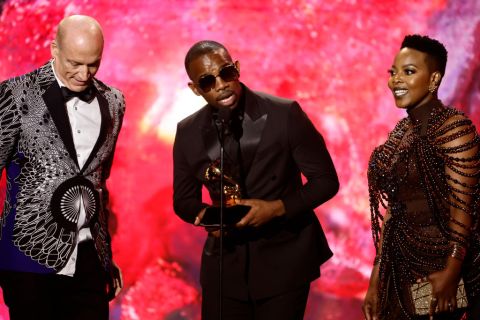
LOS ANGELES, CALIFORNIA – FEBRUARY 05: (FOR EDITORIAL USE ONLY) Zakes Bantwini accepts the Best Global Music Performance award for “Bayethe” onstage during the 65th GRAMMY Awards Premiere Ceremony at Microsoft Theater on February 05, 2023 in Los Angeles, California. (Photo by Frazer Harrison/Getty Images)
The SABC also owes as much as R100-million in unpaid royalties to South African musicians from as long ago as 2009, according to the music rights lobby group, Independent Music South Africa (Imsa).
On announcing the last-minute marriage, Africa Fest’s Arnold Coleske said he was delighted to be working with Risa, and that they found a lot of “common ground and synergies” in the partnership.
“This is a big win for South African music,” Coleske said.
Amapiano artist Kabza De Small who was noticeably absent from the event, won the most awards. These included Best Duo/Group of The Year award alongside DJ Maphorisa, Best Produced Album, Best Amapiano Album and Best Kwaito Album with Kwesta
Other winners were:
Female Artist of the Year
- Ntokozo Mbambo – Lavish Worship
Male Artist of the Year
- AKA – Mass Country
Album of the Year
- Lavish Worship – Ntokozo Mbambo
Newcomer of the Year
- Myztro – 2.0 Nkwari
Best Collaboration
- AKA featuring Nasty C – Lemons (Lemonade)
Best Hip Hop Album
- This Is Religion – MashBeatz
Best Traditional Album
- African Queen 2.0 – Makhadzi
Beste Pop
- Jona – Bernice van der Westhuizen
Best Adult Contemporary Album
- Dark Secrets – Louise Carver
Beste Kontemporere Musiek Album
- Toe Roep Ek Jou Naam – Jan Blohm & Ryno Velvet
Best African Adult Contemporary Album
- Usiba Lwe Gazi – Nathi
Best Alternative Album
- On the Romance of Being – Desire Marea
Best African Indigenous Faith Album
- Emmanuel – JTG Gospel Choir
Best Classical/Instrumental Album
- Fire Beast – Vox Chamber Choir and Franco Prinsloo
Best Reggae Album
- Unleashed – Blakka Yut
Best R&B Album
- But Could The Moments in Between – Ndumiso Manana
Best Dance Album
- Asante – Morda
Best Rock Album
- Kanniedood – Francois Badenhorst
Best Afropop Album
- Isibuko – Sjava
Best Traditional Faith Album
- The Overflow – Dumi Mkokstad
Best Contemporary Faith Album
- Lavish Worship – Ntokozo Mbambo
Best Jazz Album
- In the Spirit of Ntu – Nduduzo Makhathini
Best Produced Music Video
- Shine – Elaine (producer: Shayna Gianelli; director: Jesse Ray Diamond)
Best Engineered Album
- Mass Country – AKA (engineered & produced by Robin Kohl and Itu)
Best Pop Album
- Seasons – Lloyiso
Remix of the Year
- Ndinovalo – Morda
Best Maskandi Album
- Umqhele Nethawula – Khuzani
Best Gqom Album
- Meeting with the King – DJ Lag
Rest of Africa Award
- Sounds of Peace – Moreira Chonguiça
SAMRO Highest Airplay Composer Award
- ‘Sete’ ft. Young Stunna & Blxckie
CAPASSO Most Streamed Song Award
- ‘Sete’ ft. Young Stunna & Blxckie
Lifetime Achievement Award
- Mandoza (posthumous)
- Ihhashi Elimhlophe
- Gloria Bosman(posthumous)
- Pops Mohamed
International Achievement
- International Achievement: Wouter Kellerman, Zakes Bantwini and Nomcebo Zikode.
